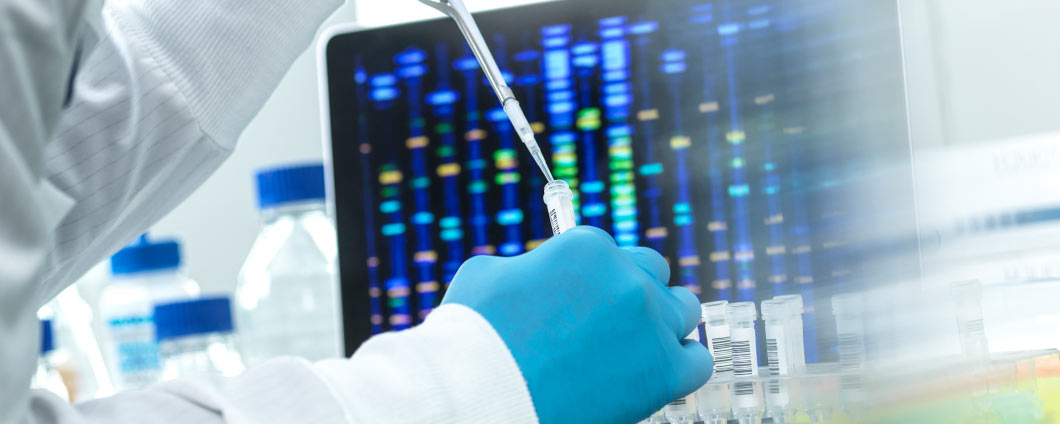Search
Results for 'primary care'
Clear-
Midwifery
Midwifery at Renown Women's Health Our Certified Nurse Midwives help you through pregnancy, birth, and after your baby arrives. They offer support with less medical intervention and can also be with you during a hospital birth. Midwives focus on comfort and well-being, ensuring you and your baby are safe and healthy.
-
Section Chief-Hospitalist
Full Time - Eligible for Benefits510701 AdministrationDay -
Testosterone, Men and Health: What You Need to Know
You probably know testosterone (T) plays an important role in how boys physically develop into men. But is that all you know? What happens when a man's T levels are off? Are there symptoms men should look for? And what are the treatment options? Dr. Bobby Kahlon, MD, Renown Medical Group provides answers in a Testosterone Q&A. What does testosterone do for men? "Testosterone is known as the 'manly hormone' for a reason," says Dr. Kahlon. "Though women also naturally produce small amounts of it, men produce testosterone at much higher concentration levels. And it affects men in more physical and obvious ways. How much hair a man has on his chest, how deep his voice is, or how muscular he is are all attributable in some way to testosterone. It's also responsible in large part for sex drive and bone strength and affects how men think, learn and experience their surroundings." Testosterone in men: Powers virilization (male physical characteristics) and sexual function Builds muscle mass and strength Supports bone density Improves cognition T Trivia: Discover Magazine reveals that “manly” testosterone and other sex hormones evolved long before we did — 500 million years ago — from the ultimate “female” hormone, estrogen. Can you have too much or too little testosterone? Though high testosterone isn't a concern for most men, low testosterone or low T occurs more frequently and develops for two primary reasons. Dr. Kuhadiya explains, "Subnormal testosterone concentrations occur either due to pituitary or testicular failure and the causes for each need to be discussed with your physician." Pituitary failure: Approximately one-third of men with obesity, type 2 diabetes, or metabolic syndrome (which includes increased blood pressure, high blood sugar, excess body fat around the waist, and abnormal cholesterol or triglyceride levels) have low free — or "bioavailable" — testosterone. These health conditions can cause the pituitary gland to "fail" to release follicle stimulating hormone (FSH) and luteinizing hormone (LH) which are essential for triggering testosterone and sperm production. And that can cause low testosterone (hypogonadism). Testicular failure: Though less common than pituitary failure, testicular failure may also be responsible for low T. It's caused by diseases or illnesses affecting the testicles, injury or trauma to the testicles, or certain medicines and treatments such as chemotherapy or opioid pain medication. Providing your complete medical history to your doctor is always the first step toward a proper diagnosis. What are the symptoms of low T? The following indicators could be a sign that you have low T, say the doctors. Lack of motivation and determination, including mild depression Loss of physical endurance and muscle strength Loss of or diminished early morning erections Reduced libido (sex drive) Erectile dysfunction (ED — difficulty achieving or maintaining an erection) Gynecomastia (male breasts) Small testes T and Time: T levels in men naturally begin to decline by about 1% a year starting at age 30. How do you test for low T? "There are different methods for testing testosterone levels," says Dr. Kuhadiya. "Each approach uses a blood sample to evaluate total testosterone, which includes free and attached testosterone that combines with proteins albumin and sex hormone-binding globulin (SHBG). For the most accurate results, testing is based on samples collected in the morning after fasting, and from tests on two different days." What treatment options are available? "Well, your best natural option may be YOU," says Dr. Kahlon. "Men with pituitary failure are often able to treat their low T by losing weight to increase levels of the hormone. And even if you don't lose weight, exercise can help boost your testosterone. Unfortunately, if you have testicular failure, weight loss and exercise may not have the same effect." So, are there other options? "You may want to consider Testosterone Replacement Therapy (TRT)," says Dr. Kuhadiya. "TRT is only available to men who are hypogonadal — with a clinical diagnosis of low T. Injection, gel, skin patch and nasal spray are available TRT options. The best option is the one that works best for the patient. Convenience, insurance coverage and cost are all factors to consider." Dr. Kahlon's TRT preference? Daily gel treatments, which are applied directly to the skin. On the other hand, Dr. Kuhadiya recommends intramuscular injections, which take place once a week or every two weeks. But both doctors agree on this: physicians and their patients need to weigh the benefits and risks of TRT before proceeding with treatment — especially if your low T condition may require lifelong treatment. "In my clinical practice, I have seen some very good long-term results with an improved quality of life," says Dr. Kuhadiya. "However, in certain situations, TRT may increase the risk of heart disease and is not recommended for men with a history of prostate cancer." Dr. Kahlon adds, "Patients receiving any type of hormone therapy need to be closely monitored throughout the treatment process for any changes in their health." How do you feel about steroids and T boosters? "I don't recommend them, certainly not for hypogonadism," advises Dr. Kahlon. "There is no evidence to support anabolic-androgenic steroids or testosterone boosters as a safe or effective treatment for low T in men." "In fact, there continues to be emerging evidence they may lead to side effects that could potentially harm the liver and the pituitary and endocrine functions of the body," warns Dr. Kuhadiya. "And that damage may be irreversible."
Read More About Testosterone, Men and Health: What You Need to Know
-
Medical Physics Resident
Full Time - Eligible for Benefits200702 Cancer InstituteDay -
Home Health Nurse Liaison
Full Time - Eligible for Benefits205351 Home HealthDay -
Surgical Technician
Sign On Bonus - 5,000Full Time - Eligible for Benefits400340 Surgery SCCDay -
Intake Coordinator
Full Time - Eligible for Benefits200373 Peds Endo and Peds SpecialtyDay -
Physician-Hospitalist-Geriatrics
Full Time - Eligible for Benefits510701 AdministrationDay -
Surgical Technologist-Specialty Rep
Sign On Bonus - $5,000Full Time - Eligible for Benefits400201 SurgeryDay


